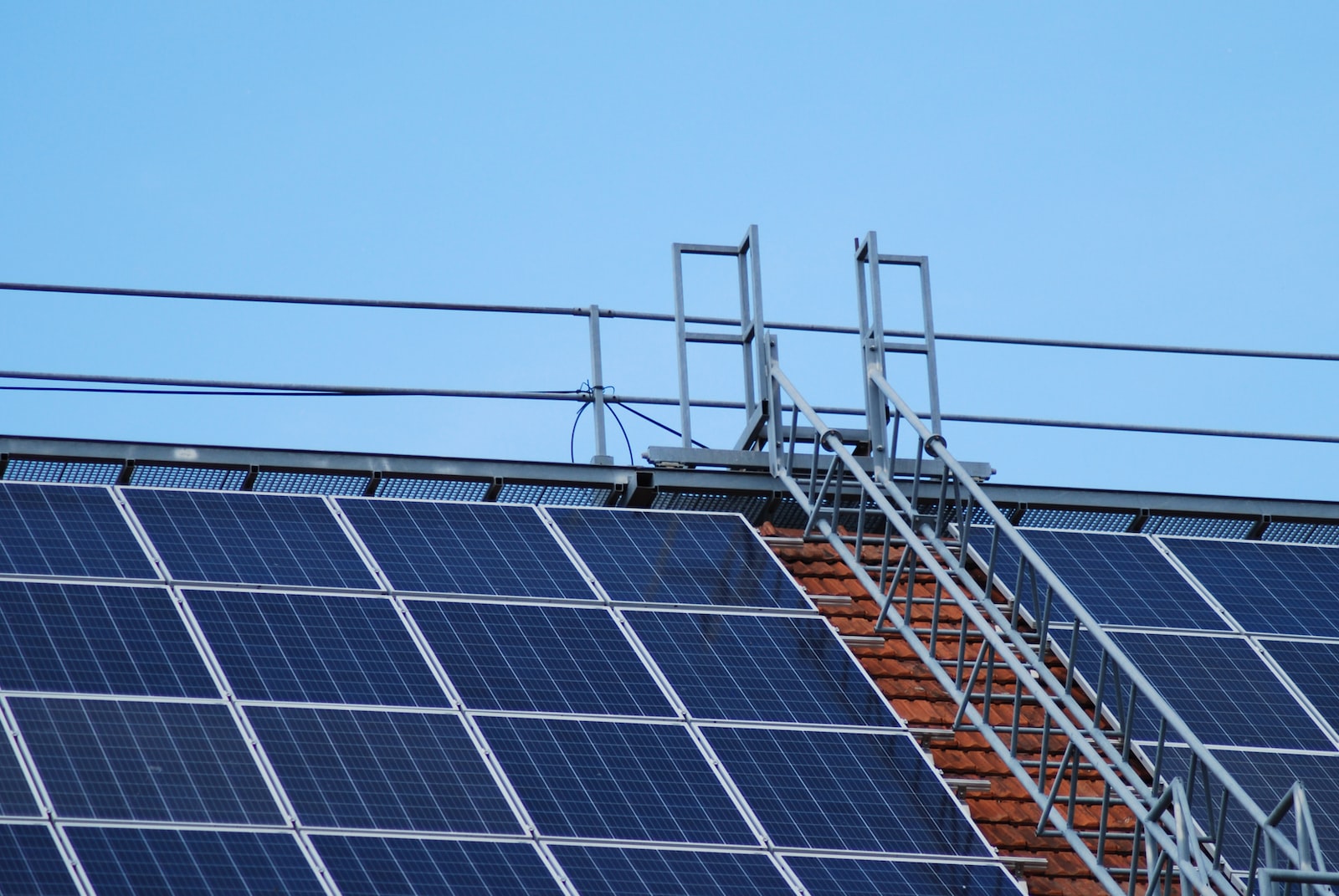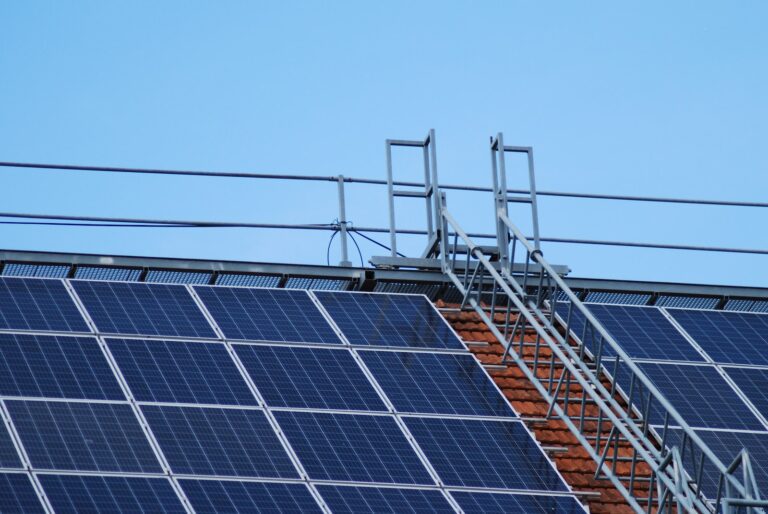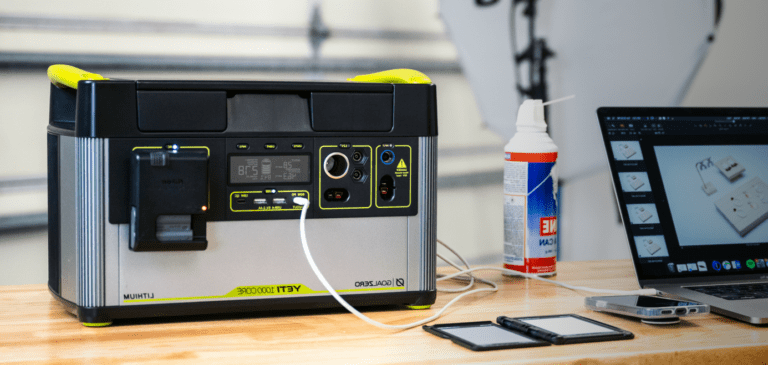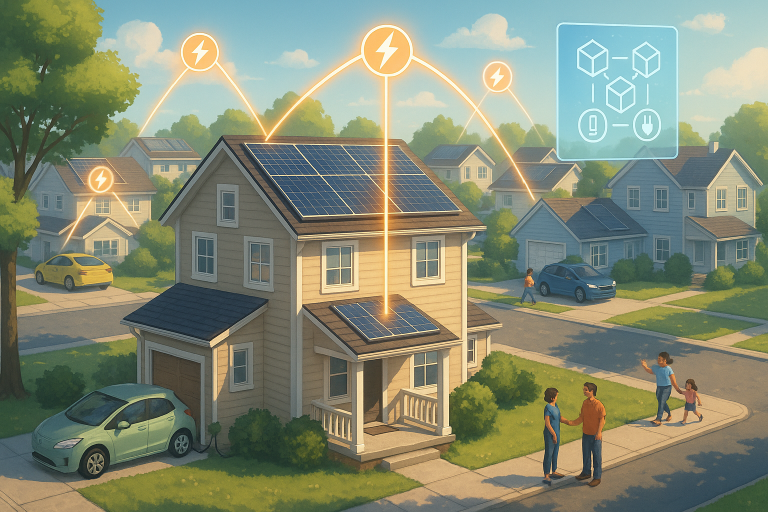Sell Your Excess Solar Energy to Your Neighbors: A Guide to Private Net Metering.
As a homeowner with a solar panel system installed on your roof, you might have wondered if it’s possible to sell the excess solar energy to your neighbors. The short answer is yes, it is possible! But before we dive into the details of how to sell solar energy to your neighbors, let’s first understand the concept of net metering.
What is Net Metering?
Net metering is a program offered by utility companies that allow residential and commercial customers who generate their own electricity from renewable energy sources, such as solar panels, to sell any excess energy back to the grid.
In a net metering setup, a bi-directional meter is installed that tracks both the electricity you use from the grid and the electricity your solar panels generate. When your panels are generating more electricity than you’re using, the excess is sent back to the grid, effectively spinning your meter backward, and credited to your account. These credits can then be used to offset the electricity you consume from the grid when your panels aren’t generating enough power.
Selling Solar Energy to Your Neighbors
While selling excess solar energy to your neighbors isn’t a direct feature of net metering, it is possible to set up a private arrangement to sell the energy you generate.
One common way to sell solar energy to your neighbors is to install a second meter on your property that only tracks the solar energy that you’re selling. You and your neighbor can then agree on a rate per kilowatt-hour (kWh) for the energy, just as you would with your utility company. This private arrangement is known as a “private net metering” setup.
It’s important to note that in order to sell solar energy to your neighbors, you’ll need to have your local utility company’s approval and follow their regulations. Some states have specific regulations for private net metering arrangements, so be sure to check with your local authorities before setting up a private arrangement with your neighbor.
Let’s consider an example to better understand the concept of selling solar energy to your neighbors.
Suppose you have a 5 kilowatt (kW) solar panel system installed on your roof, and your average daily production is 20 kWh. On a sunny day, your panels generate more electricity than you use, so the excess energy is sent back to the grid and credited to your account.
You and your neighbor have agreed on a rate of $0.15 per kWh for the excess energy you generate. That means that if you sell 10 kWh of excess energy to your neighbor, you’ll earn $1.50 for that day. Over a year, this could add up to a significant amount of money, especially if you have a large enough solar panel system.
Benefits of Selling Solar Energy to Your Neighbors
There are several benefits to selling solar energy to your neighbors, including:
- Increased Savings: By selling the excess solar energy you generate, you can offset the cost of the electricity you consume from the grid and increase your overall savings.
- Increased Solar Adoption: By making it easier for your neighbors to access solar energy, you can help increase the adoption of renewable energy in your community.
- Community Building: Selling solar energy to your neighbors can help build a stronger sense of community by allowing you to share the benefits of your renewable energy investment with others.
- Increased Property Value: A solar panel system is a valuable addition to any property, and selling solar energy to your neighbors can make your property even more valuable.
Conclusion
Selling solar energy to your neighbors is a great way to increase your savings and help increase the adoption of renewable energy in your community. By setting up a private net metering arrangement, you can sell the excess energy generated by your solar panels and earn extra income. However, it’s important to keep in mind that you’ll need the approval of your local utility company and follow any regulations set in place.
Selling solar energy to your neighbors can be a win-win situation for both parties, as well as the environment. By sharing the benefits of your renewable energy investment, you can help create a cleaner and more sustainable future for everyone.




